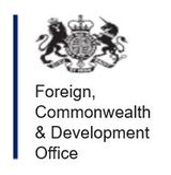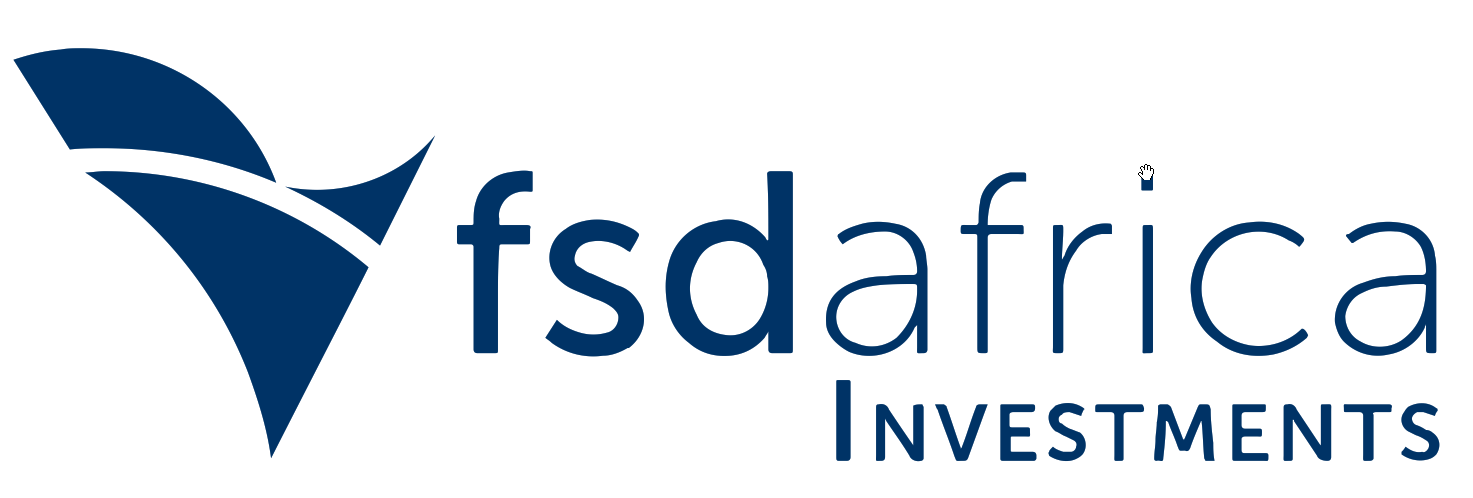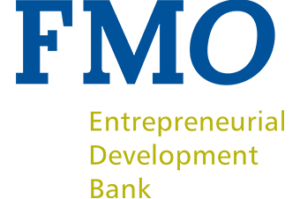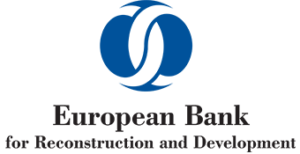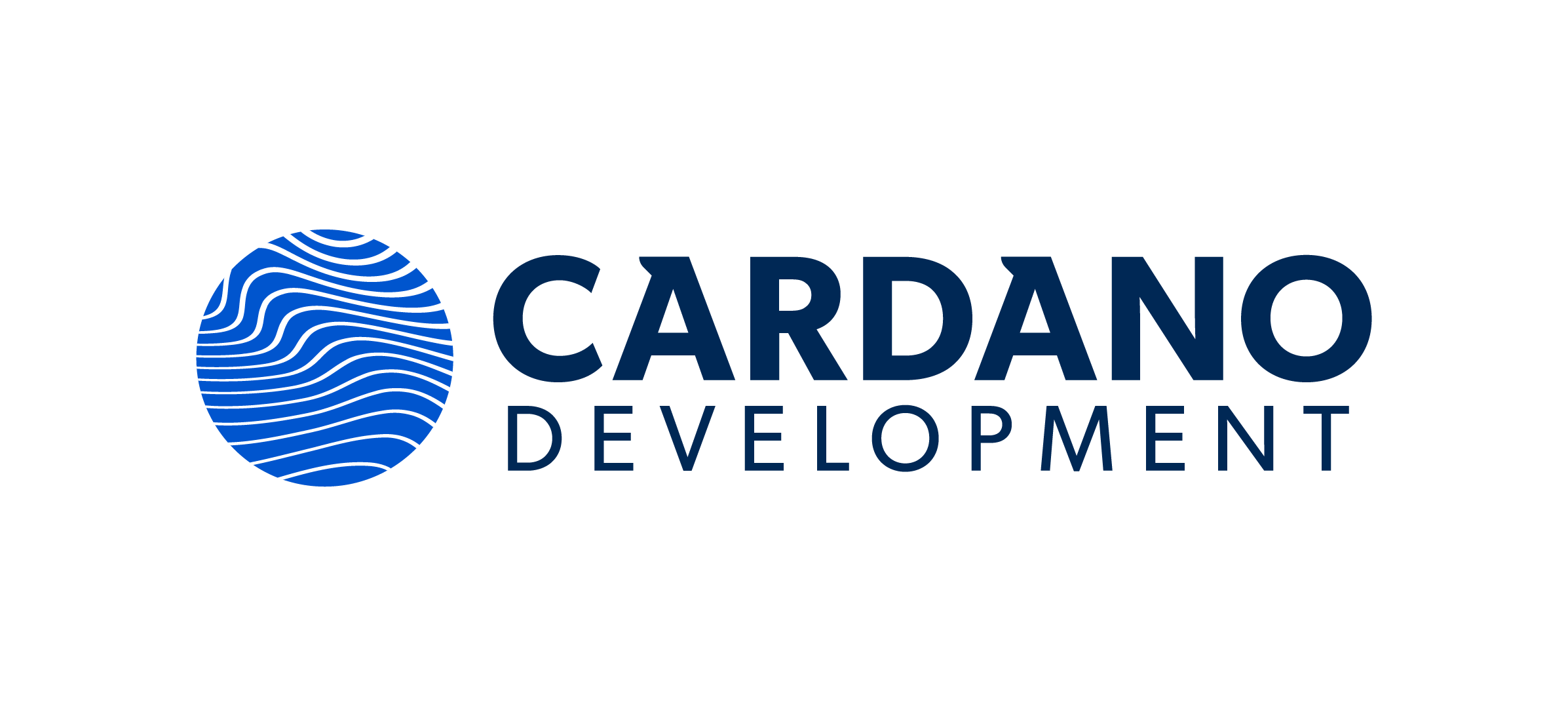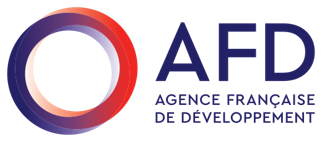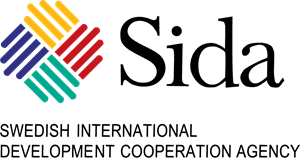An inclusive money market eco-system is one of the pre-conditions to stable capital markets and real economy development. In the absence thereof, financial intermediaries and financial markets will struggle to perform their core role of converting household savings into loans to SMEs, among others. This is especially the case in emerging markets and developing countries (EMDCs) where the financial sector is bank-centric and bond markets are under-developed.
Ten features combine to make a healthy money market eco-system:
Inclusive money markets are where banks have access and are able to actively partake in interbank trading, allowing them to optimize asset and liability management (ALM), reduce costs and manage risks effectively. Money markets encompass several short-term instruments such as treasury bills, commercial paper, deposits, repurchase agreements and swaps. Inclusive money markets allow banks and other key actors to manage inventory and risk in bond markets, thereby deepening depth and liquidity on these markets. But money markets in emerging and developing countries are plagued by barriers preventing stability and inclusiveness and have remained significantly under-developed and illiquid.
| Causes of Instability | Causes of Fragmentation | Consequences of Illiquidity |
|---|---|---|
| Volatile macro-economic performance | EMDC FIs with local currency collateral have reduced access to global & local markets | Ineffective distribution of liquidity and risk leading to irresponsible lending |
| Dependence on posting hard currency, high quality collateral to access international markets | Limited understanding of instruments – money market and other – to mitigate risks | Limited price discovery and sub-optimal pricing of liquidity and risk |
| Public sector borrowing crowds out private sector | Unclear role/policies among money market supervisors (central banks, CMAs, SECs, CSDs, etc.) | Poor transmission of monetary policy signals |
| Legal and regulatory system inconducive to money and capital market development | High perception of FI counterparty risk | FIs and system sensitive to shocks |
EMDC banks have limited or no access to global interbank markets while local interbank markets have remained segmented. Lack of market liquidity limits price discovery and yield curve development, adding to the root of the problem. Banks will stockpile high liquidity buffers to mitigate lack of access. This reduces their capacity to actively develop and grow their loan portfolios and to offer their clients the financing in the currency, tenor and interest type they need. This ultimately leads to exposure to unnecessary financial risk for actors in the real economy.
Blended finance is central to Frontclear and defined as the strategic use of donor and development finance to mobilize private capital flows and expertise to emerging markets – a clear contribution to SDG 17.
Frontclear blends and leverages donor and development finance capital to support investments by our partner beneficiaries, combining the capital contributions of the three Frontier Clearing Funds (FCF): Subordinated, Junior and Senior. The use of repayable grants as risk capital in the Subordinated tranche, provides donor governments with a powerful ability to leverage official development aid (ODA) through blended finance and achieve a much larger and leveraged development impact outcome.
Frontclear has crowded-in several global banks active in emerging markets at the transaction level and further distributes risk on our guarantees in the private insurance market, having mobilized participation of several global insurance companies.
The FTAP Partnership Facility catalyzes additional finance and in-kind contributions like expertise, from private and not-for-profit sources.


